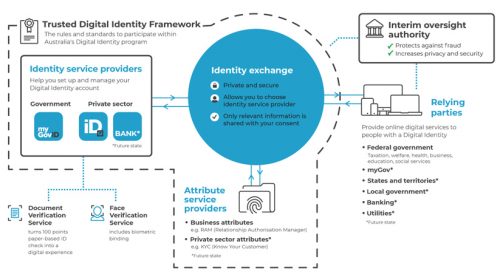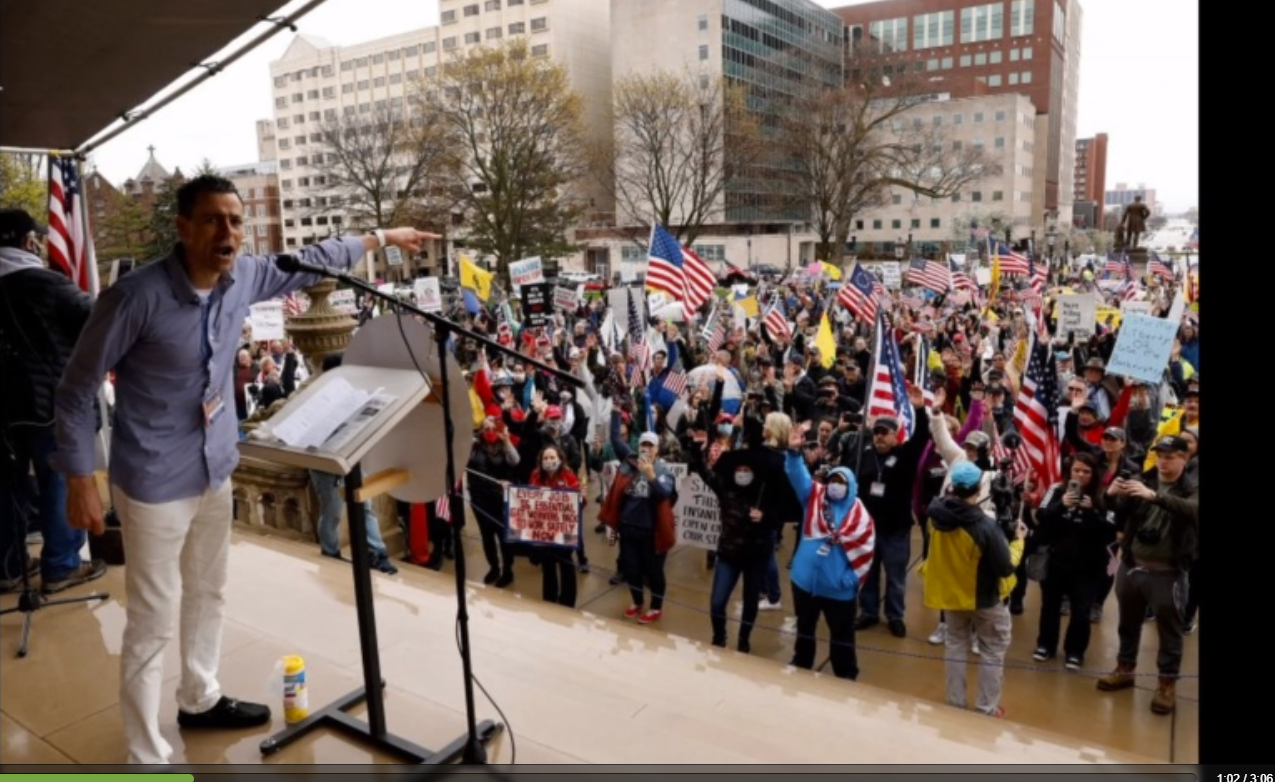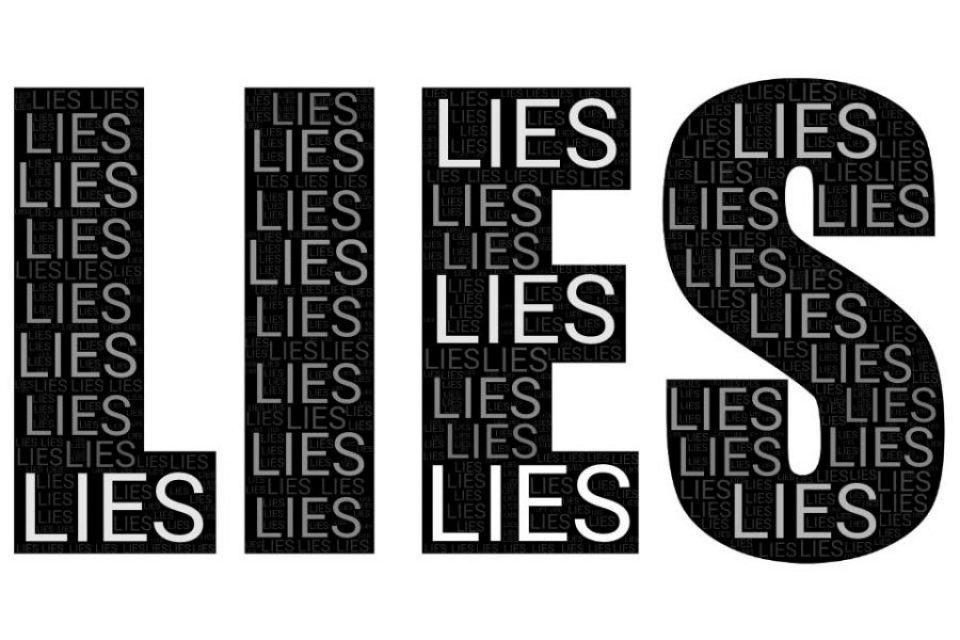After the Republic
By: Angelo M. Codevilla
September 27, 2016
ver the past half century, the Reagan years notwithstanding, our ruling class’s changing preferences and habits have transformed public and private life in America. As John Marini shows in his essay, “Donald Trump and the American Crisis,” this has resulted in citizens morphing into either this class’s “stakeholders” or its subjects. And, as Publius Decius Mus argues, “America and the West” now are so firmly “on a trajectory toward something very bad” that it is no longer reasonable to hope that “all human outcomes are still possible,” by which he means restoration of the public and private practices that made the American republic. In fact, the 2016 election is sealing the United States’s transition from that republic to some kind of empire.
Electing either Hillary Clinton or Donald Trump cannot change that trajectory. Because each candidate represents constituencies hostile to republicanism, each in its own way, these individuals are not what this election is about. This election is about whether the Democratic Party, the ruling class’s enforcer, will impose its tastes more strongly and arbitrarily than ever, or whether constituencies opposed to that rule will get some ill-defined chance to strike back. Regardless of the election’s outcome, the republic established by America’s Founders is probably gone. But since the Democratic Party’s constituencies differ radically from their opponents’, and since the character of imperial governance depends inherently on the emperor, the election’s result will make a big difference in our lives.
Many Enemies, Few Friends
The overriding question of 2016 has been how eager the American people are to reject the bipartisan class that has ruled this country contrary to its majority’s convictions. Turned out, eager enough to throw out the baby with the dirty bathwater. The ruling class’s united front in response to the 2008 financial crisis had ignited the Tea Party’s call for adherence to the Constitution, and led to elections that gave control of both houses of Congress to the Republican Party. But as Republicans became full partners in the ruling class’s headlong rush in what most considered disastrous directions, Americans lost faith in the Constitution’s power to restrain the wrecking of their way of life.
No one running for the GOP nomination discussed the greatest violation of popular government’s norms–never mind the Constitution–to have occurred in two hundred years, namely, the practice, agreed upon by mainstream Republicans and Democrats, of rolling all of the government’s expenditures into a single bill. This eliminates elected officials’ responsibility for any of the government’s actions, and reduces them either to approving all that the government does without reservation, or the allegedly revolutionary, disloyal act of “shutting down the government.”
Rather than talk about how to restrain or shrink government, Republican candidates talked about how to do more with government. The Wall Street Journal called that “having a positive agenda.” Hence, Republicans by and large joined the Democrats in relegating the U.S. Constitution to history’s dustbin.
READ THE REST









